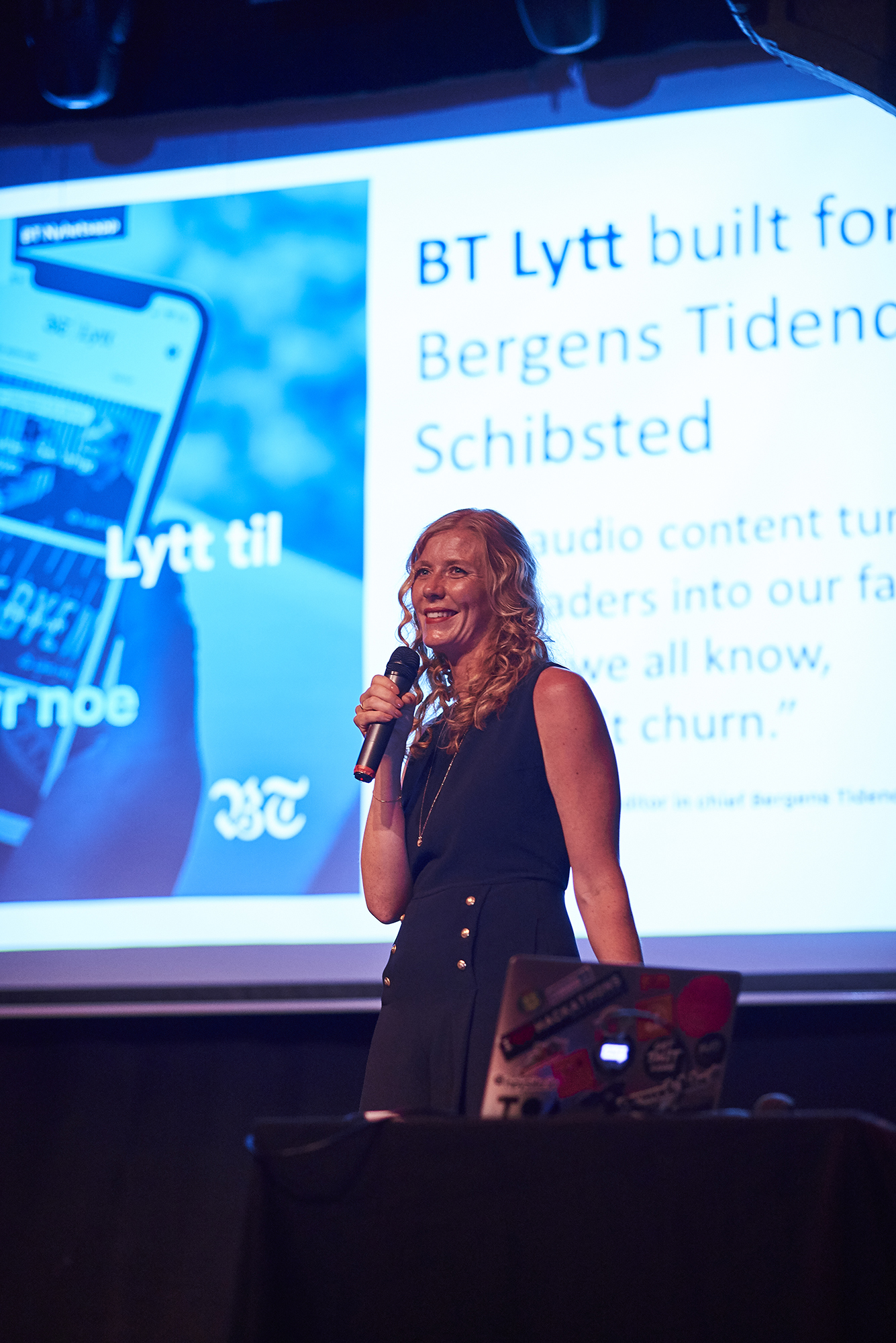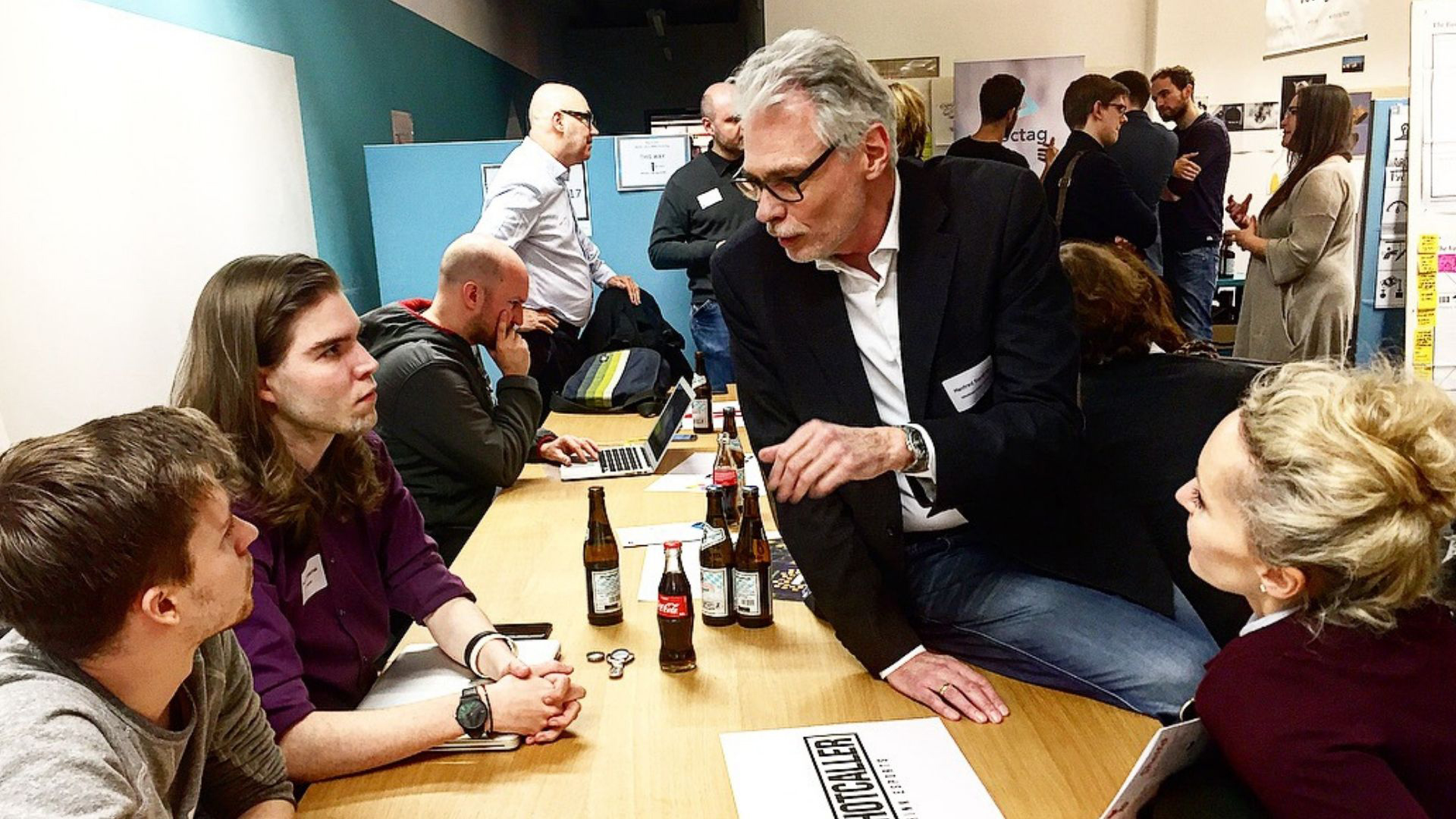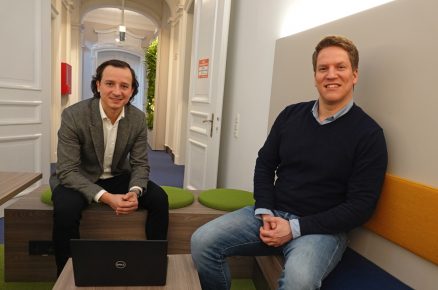The corporate cultures couldn‘t be more contrasting. On the one side the established company with proven hierarchies and structures, on the other side the young start-up driven by improvisation and speed. But it’s out of question that despite all differences both can benefit enormously from collaboration. Founders can test their product under market conditions and might gain their first reference customer. The corporate gets access to innovations which startup teams usually pursue with great passion and commitment.

In a recently published study the Boston Consulting Group registered that especially the media and marketing industry, challenged by the consequences of digital transformation, is embracing startup cooperation like almost no other industry sector. But the BCG report “After the honeymoon ends: Making corporate-startup relationships work”, based on a survey of 190 companies and 90 startups in Germany, Austria and Switzerland, warned both sides of unrealistic expectations. Many collaborations and pilot projects, launched with great hopes and engagement, fail.
In order to improve cooperation and mutual understanding between startups and media companies the next media accelerator, initiated by dpa in 2015, has developed its concept “Easy Testing”. In nine six months batches the nma has prepared more than 60 startups from all over Europe, Israel and the USA for full market entry. Connecting them to more than 30 nma investors and partners, including publishers, broadcasters and agencies, has become a central success factor for Europe’s leading media accelerator.
Thanks to successful Easy Testing projects with top brands like Axel Springer, the national broadcaster ARD or innovative regional publishing groups like Mittelbayerische Zeitung or Verlagsgruppe Rhein-Main (VRM) several nma startups including spectrm, Contentflow or 23degrees generated significant follow-on investment and established themselves in competitive markets.
But all of them could confirm from their own experience those factors the BCG study identified as the most frustrating in the cooperation between start-ups and corporates. Top on the list are the long and opaque processes of decision making followed by unrealistic expectations, the unwillingness to embrace the agile project speed of start-ups plus the lack of support and involvement by the top management.
When established companies list their major complaints in collaborations with founders they mention a lack of mutual respect, missing processes for control and governance plus unspecific goals, project plans and expectations. Once the young entrepreneurs in hoodies and sneakers are in the house they very often cause headaches in the controlling or the legal department and experienced IT managers are alarmed because the founders might challenge the established security standards.
In order to address these risk factors and to prepare both sides for successful co-operations the nma pursues a step by step process of connecting start-ups and media corporates. It’s the primary goal to develop mutual understanding and respect with the first contact. In the “Regio Workshop” the experts from regional newspaper companies not only introduce themselves and their brands to the founders but also describe those of their current business challenges startups could address with their solutions. After the teams have presented their products in brief pitches both sides meet in one to one interviews to find out whether there is common ground for a trial.
When the nma batches are visiting media companies during roadshows or so called „Open Houses“, the same rules are applied. In co-operation with the Online Marketing Rockstars in Hamburg – the largest festival for digital marketing in Europe – the nma has established MediaMatch, a match making platform to connect 50 international media startups with executives and investors in speed datings. Moreover nma teams participate in various similar events organized by nma network partners from Tel Aviv to New York and from Riga to Lisbon.

In case the first meeting and the initial exchange of information has resulted in substantial interest the companies usually invite the founders. Very often they organize intensive workshops with in-house experts from different departments to check the potential of the start-up and the relevance of its services for the own operation. If both sides feel that the efforts of an Easy-Testing project are justified and worth it, they need to define realistic expectations, build a trust based working relationship and agree on an open and honest communication.
One of the most effective ways to manage expectations and define common goals are Key Performance Indicators (KPI). Very often only one KPI can be a sufficient indicator for the startup to show whether an easy testing project is on track or whether it needs adjustments or is even heading for a complete failure.
Start-ups also need to learn that from the corporate perspective “Easy Testing” needs to be easy. In times of limited resources and a heavy workload in daily operations companies very often shy away from projects if they require high IT implementation efforts and personal capacities. Companies on the other hand have difficulties to cooperate with young external teams if they don’t have qualified contact persons or if they are generally wary of a corporate culture which allows experiments and failure. Those corporates who already employ flexible innovation units like labs or strong digital teams usually find it easy to dock on to start-ups.
2018 Linda Oesterle, student at the Hamburg Media School, investigated the nma Easy Testing in a master thesis. Based on interviews with founders and media executives Linda compiled a catalogue of success criteria. One of her key recommendations to the entrepreneurs: “Listen to the customers and don’t devote yourself too much to your product.” She also advised start-ups to be absolutely honest in communicating problems or flaws and be persistent in asking for substantial feedback. Start-ups shall control their ambitions: even if the pilot project is successful pushing the corporate partner for a contract or payments too early could damage the relationship. The founders shall respect that a full Easy Testing commitment also means investment and shared risk for the corporate partner. Sometimes patience can pay off – even for agile start-ups.
Note:
Meinolf Ellers
Chief Digital Officer
twitter: @meinolfellers
LinkedIn: Meinolf Ellers





